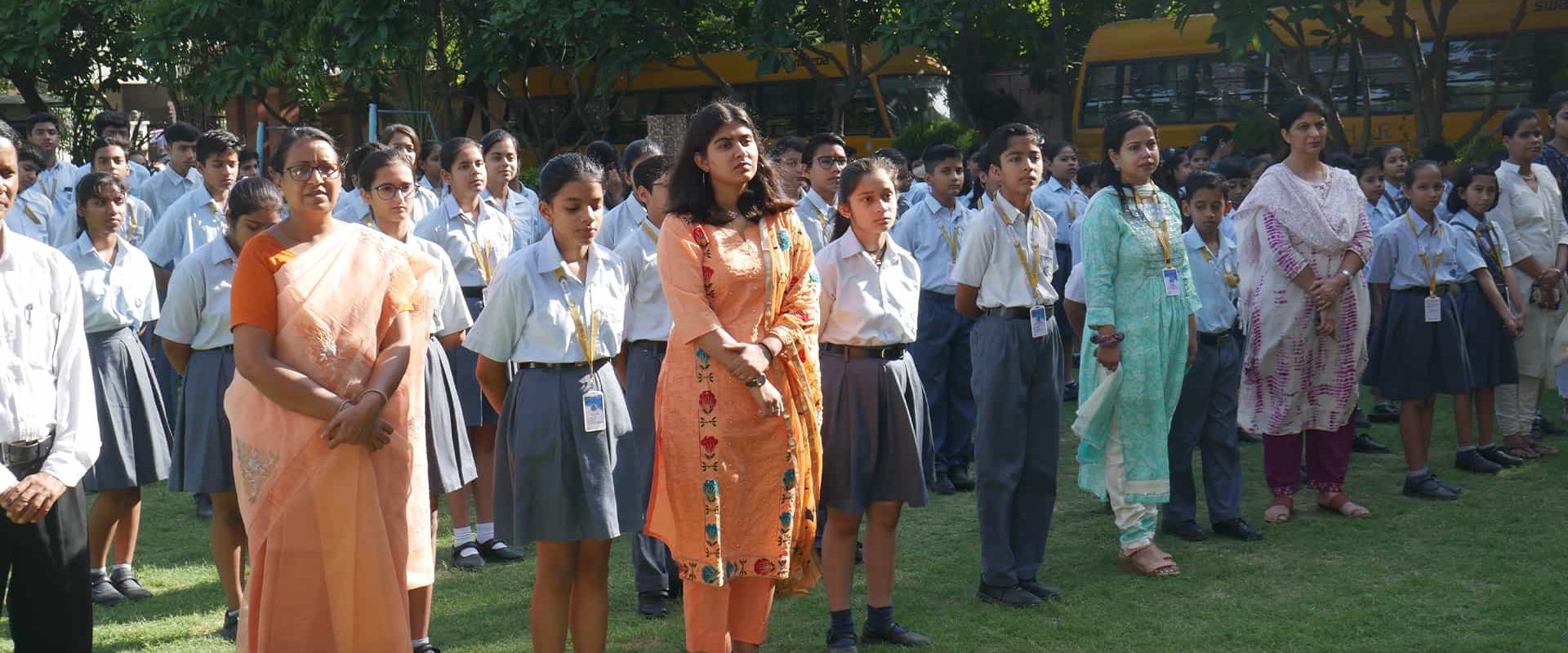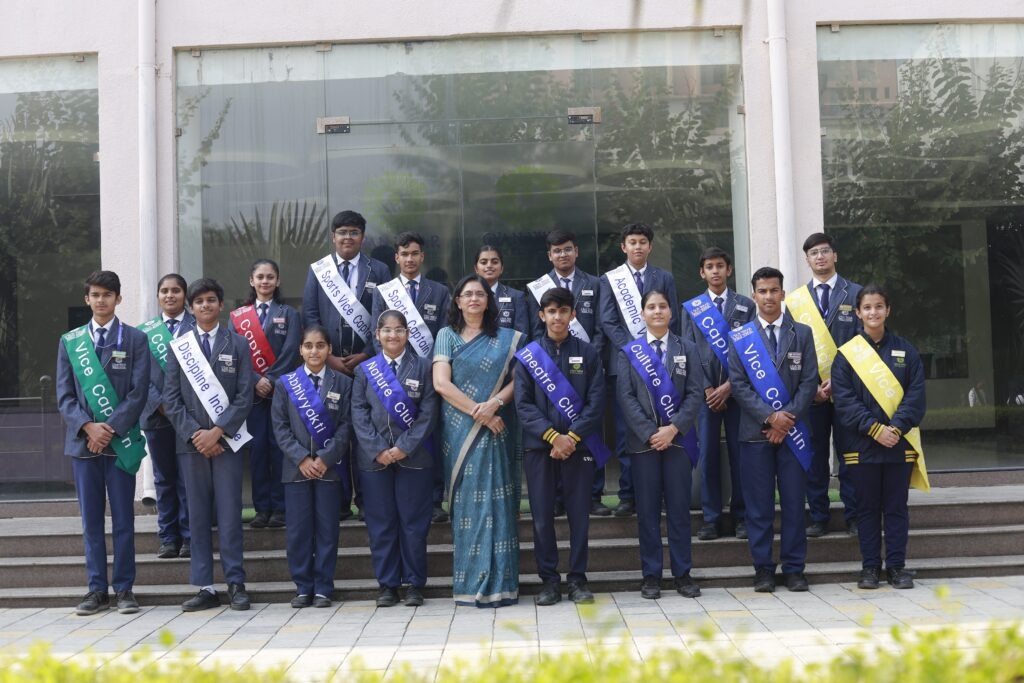Language is not just a means of communication; it’s a gateway to culture, identity, and heritage. Hindi, as our national language, holds a special place in our hearts. At Gyan Vihar World School, a renowned CBSE school in Jaipur, we believe that celebrating Hindi Day is not only about recognizing the significance of the language but also about understanding its vital role in our educational curriculum. In this blog post, we explore the importance of incorporating Hindi into the school curriculum, fostering a deeper connection to our culture, and promoting linguistic diversity. Let’s embark on a journey to understand why Hindi Day is more than just a date on the calendar.
Hindi Day: A Celebration of Language and Culture
Every year on September 14th, Hindi Day is celebrated across India to honor the adoption of Hindi as the official language of the Indian government in 1949. It’s a day to recognize the rich linguistic heritage of India and to pay homage to the language that binds our diverse nation together.
The Significance of Hindi in School Curriculum
Incorporating Hindi into the school curriculum carries numerous benefits:
1. Preserving Cultural Identity:
Hindi is not just a language; it’s a reflection of our cultural identity. It connects us to our roots, history, and traditions. By including Hindi in the curriculum, schools help students understand and appreciate their heritage.
2. Promoting Linguistic Diversity:
India is a melting pot of languages and dialects. Including Hindi in the curriculum fosters linguistic diversity and encourages students to be multilingual. This not only helps them communicate effectively but also broadens their horizons.
3. Enhancing Cognitive Skills:
Learning multiple languages, including Hindi, enhances cognitive skills like problem-solving, multitasking, and creativity. It sharpens memory and boosts linguistic intelligence.
4. Strengthening National Integration:
Hindi serves as a unifying language in our diverse nation. Including it in the curriculum promotes a sense of national integration, allowing students from various regions to connect on a common linguistic platform.
5. Career Opportunities:
Proficiency in Hindi opens up a plethora of career opportunities. It’s not only a medium of communication but also a language of business, administration, and politics.
6. Preserving Literary Heritage:
Hindi literature boasts a rich treasure trove of poetry, prose, and classical texts. Including Hindi in the curriculum exposes students to this literary heritage, nurturing an appreciation for literature.
Ways to Incorporate Hindi in the Curriculum:
- Hindi as a Core Subject: Schools can include Hindi as a core subject in their curriculum from the primary level onwards. This ensures that students develop a strong foundation in the language.
- Cultural Celebrations: Organize cultural events and celebrations, such as Hindi Diwas, where students can showcase their linguistic skills through poetry recitation, storytelling, and debates.
- Multilingual Approach: Promote a multilingual approach by offering Hindi along with regional languages and English. This enables students to become proficient in multiple languages.
- Library Resources: Stock the school library with a diverse collection of Hindi books, magazines, and newspapers. Encourage students to read and explore Hindi literature.
Hindi is not just a language; it’s a cultural and national treasure. Celebrating Hindi Day is a reminder of its significance in our lives and the importance of including it in the school curriculum.
At Gyan Vihar World School, a prominent CBSE school in Jaipur, we understand the vital role that Hindi plays in preserving our cultural heritage and promoting linguistic diversity. We are committed to offering a comprehensive education that includes not only academic excellence but also an appreciation for our national language and culture.
This Hindi Day, let us renew our commitment to the language that binds us as a nation and continue to nurture future generations who are not only proficient in Hindi but also deeply connected to their cultural roots.







